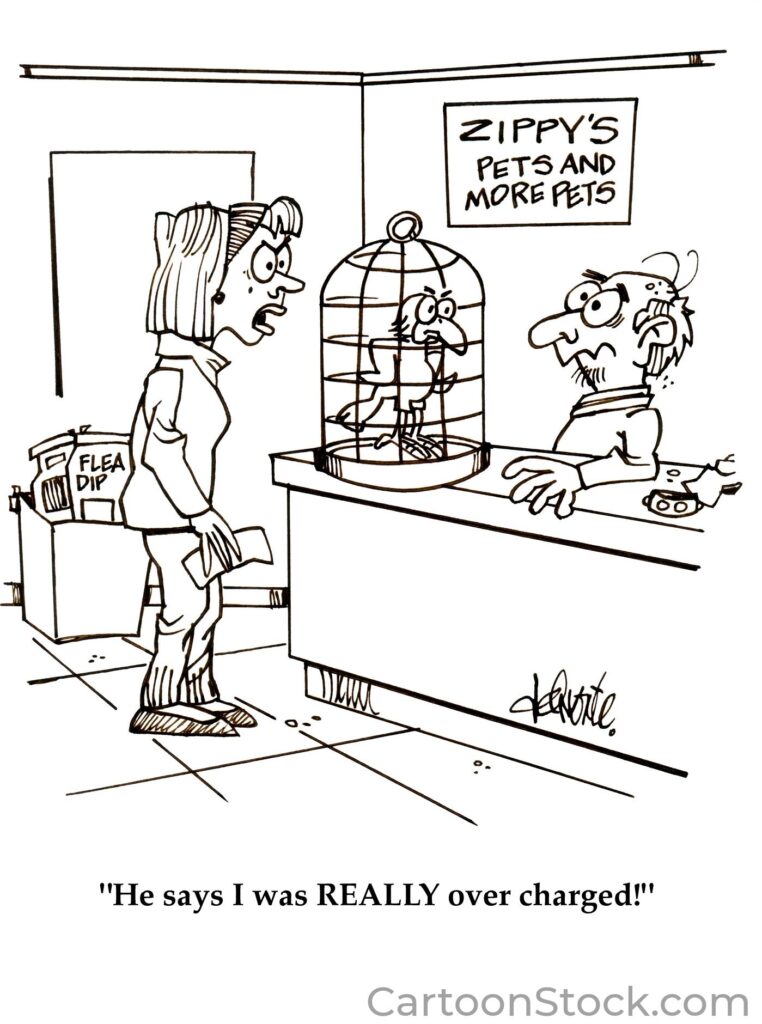
Anchoring (also called focalism) is a cognitive bias in which we become inordinately influenced by initial information (considered to be the “anchor”). Once we accept the anchor, all future judgments, decisions, negotiations, arguments, estimates, etc. are made in relation to the anchor. And we become reluctant to embrace information and facts that challenge the initial information.
In short, we tend to rely too heavily on the first piece of information we’re given. It unduly influences our thinking.
For instance, anchoring is used by businesses and organizations to manipulate the perceived value of a product or service. The retail price of an item is listed (anchored) at $450, but it’s now on sale for $215. Naively, we may think the product is really worth $450 (though it may be worth only $50) so we believe the lower price must be a good value. To make matters worse, we may not even be interested in the item, but the “good deal” seems too good to pass up so we buy something we don’t need at an inflated price.
We can also become anchored to a plan of action, our first impression about an individual, a political persuasion, or the first comment we hear about a current event.
Do not underestimate how gullible we humans are to this effect. In a study by Dan Ariely, an audience is first asked to write the last two digits of their social security number and consider whether they would pay this number of dollars for items whose value they did not know, such as wine, chocolate, and computer equipment. They were then asked to bid for these items. The audience members with higher two-digit numbers submitted bids that were between 60 percent and 120 percent higher than those with lower social security numbers. The number had become an anchor. When asked if they believed the number was informative of the value of the item, quite a few said yes. Even though everyone’s social security number is a random series of digits, those numbers had an effect on their decision-making. [My social security number ends with 00, so I probably would not have even bid.]
It’s very hard to totally avoid anchoring bias. Like all cognitive biases, it happens subconsciously, and it’s hard to identify, much less challenge subconscious thoughts. Here are some suggestions.
- Be skeptical of first impressions. Challenge all thoughts and statements, but be particularly doubtful about first thoughts and statements. Develop counterarguments to primary thoughts.
- When making a decision, always consider alternative options.
- When making decisions as a group, designate someone to be the devil’s advocate—someone who will intentionally oppose and challenge the group’s ideas.

This is perfect for right now! I feel this is exactly what has happened with the emergency released Covid vaccine. Lately, I am very cautious and skeptical when it comes to our government and I always tend to over research things. Based on my research, especially since I had the virus, I decided to not get the vaccine even though almost everyone I know was getting it!
Thanks, Judy, for sharing your thoughts. I got the vaccination and glad I did. But it’s a decision every individual must make. Take care. Don
Great word Don. Thank you!
Thanks, Ryan.
I think that all three points provide good value, good food for thought.
Thanks, Jan.
Thanks for this thought-provoking essay, Don. Each of the 3 closing suggestions is helpful and sound. With first impressions, I wonder how you might also include “gut feeling.” My husband once said, if he went against it, he always regretted it. From him, I’ve learned to be sensitive to that, which often is really the Holy Spirit. The second suggestion is a good prod to “think outside the box.”
I love your phrase, “If he went against it, he always regretted it.” Thanks for responding.
Don
Insightful article. Thank you for pointing this bias out in such a concise and clear way. I enjoy reading your articles.
Thanks, Michel, for kind and encouraging words. I hope my posts are beneficial.